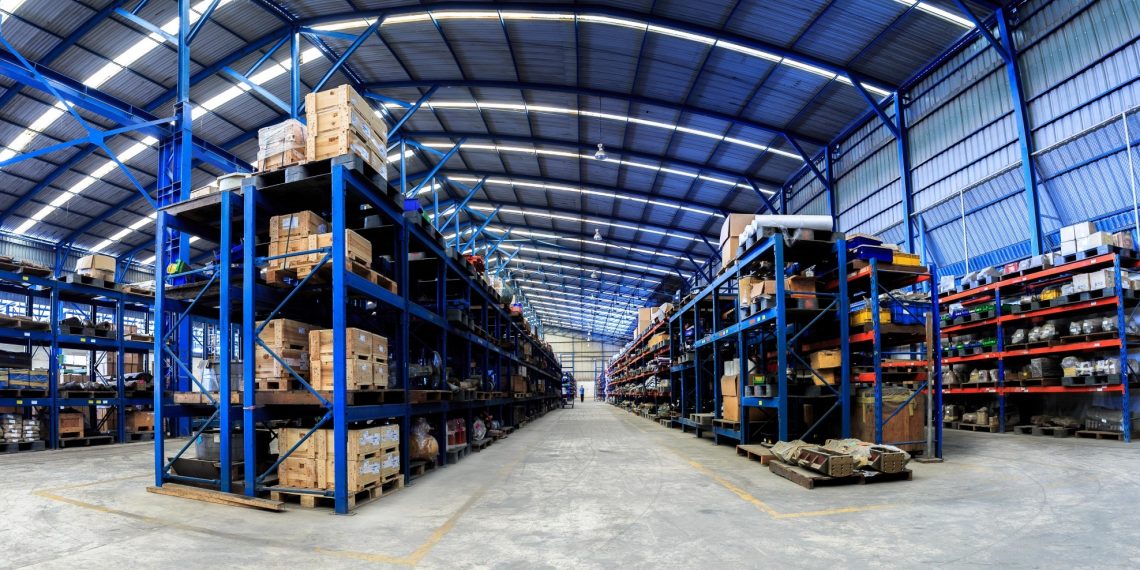In the fast-paced world of global commerce, efficient supply chain operations are paramount for business success. The backbone of these operations is a robust and streamlined freight management system. As businesses evolve and markets expand, the complexity of managing the movement of goods increases exponentially. The essence of effective freight management lies in its ability to enhance the supply chain’s efficiency, reliability, and cost-effectiveness.
This article delves into the essentials of effective freight management, which helps streamline your supply chain.
Table of Contents
Understanding Freight Management
Freight management is a critical component in logistics and supply chain management. It encompasses the planning, organizing, and overseeing freight transport operations. This includes negotiating contracts with carriers, ensuring compliance with regulations, and managing the costs associated with transporting goods. The goal is to optimize the movement of freight from point A to point B efficiently and effectively.
For more detailed information on how freight management can streamline your supply chain, you may check out reputable websites and other resources online.
Key Elements Of Effective Freight Management
To simplify your supply chain process, understanding the key elements of effective freight management is critical for your success. The elements include:
- Strategic Planning And Network Optimization
Strategic planning in freight management involves:
- A comprehensive analysis of transportation requirements;
- Assessment of logistical capabilities;
- Identifying the most cost-effective and efficient routes.
This process includes evaluating different transportation modes, considering geographical challenges, and understanding customer delivery expectations. The optimization of the supply network is a dynamic process that requires regular adjustments to accommodate market changes, seasonal demands, and emerging opportunities. The goal is to balance speed, cost, and reliability to ensure the supply chain operates at peak efficiency, minimizes expenses, and meets customer expectations consistently.
- Technology Integration
The integration of technology in freight management revolutionizes the way goods are transported and tracked. Key technologies like Transportation Management Systems (TMS) streamline operations by automating tasks such as route planning, carrier selection, and freight auditing.
GPS tracking provides real-time location data, enhancing the visibility of shipments and enabling proactive management of transit issues. RFID technology further aids in inventory management, reducing errors and speeding up processes. Collectively, these technologies can provide critical data, offering insights for better decision-making, improving accuracy in forecasting, and ensuring more responsive supply chain management.
- Carrier Relationship Management
Effective carrier relationship management ensures a dependable and efficient supply chain. This entails negotiating favorable terms and establishing trust and mutual understanding with carriers. It involves rigorous selection processes, ongoing performance evaluations, and fostering open communication channels.
By maintaining strong relationships, you can gain access to preferential rates, better service levels, and higher flexibility in responding to unforeseen changes or disruptions in the supply chain. This collaborative approach can contribute to a resilient network capable of adapting to varying logistics demands and market conditions.
- Regulatory Compliance And Risk Management
In freight management, adhering to regulatory compliance is non-negotiable. Companies must stay informed and compliant with various laws and regulations across different regions and countries. This includes customs regulations, transportation safety standards, and environmental laws. Non-compliance can lead to legal ramifications, financial penalties, and reputational damage.
Risk management, which involves identifying, assessing, and mitigating risks associated with freight movement, such as theft, damage, or delays, is equally critical. Effective risk management strategies cover insurance coverage, contingency planning, and implementing safety and security protocols to safeguard shipments.
- Cost Control And Optimization
Cost control and optimization in freight management are crucial for maintaining profitability and competitiveness. This involves an ongoing process of scrutinizing every aspect of the freight journey to identify areas where expenses can be reduced without compromising quality or efficiency. Key strategies include negotiating better rates with carriers, ensuring accurate freight classification to avoid overcharges, and regularly auditing freight bills for discrepancies.
Additionally, optimizing load capacities and routes, reducing empty mile runs, and implementing backhauling strategies can lead to significant cost savings. Continuous monitoring and improvement of these areas can help achieve a leaner, more cost-effective supply chain.


Challenges In Freight Management And Overcoming Them
To streamline the supply chain, knowing the challenges in freight management and how to overcome them is essential. Some challenges may include:
- Managing Complex Logistics Networks
As supply chains become more globalized, managing logistics networks grows increasingly complex. Overcoming this requires strategic planning, robust technology solutions, and effective communication among all stakeholders.
- Adapting to Changing Market Demands
Market volatility demands agility in freight management. You must quickly adjust your strategies and operations in response to changing market conditions. Adapting to these conditions requires a flexible and responsive approach to freight management.
- Sustainability Concerns
There’s a growing need for environmentally sustainable practices in freight management. Companies increasingly need to reduce their carbon footprint and adopt greener logistics practices. Embracing sustainable solutions is not only good for the environment but also often leads to cost savings.
Conclusion
Effective freight management is a critical element in the success of any business with a supply chain. By keeping the information mentioned above in mind, you can ensure a smooth and efficient flow of goods. The challenges in this field are many, but they can be successfully navigated with the right approach to achieve supply chain excellence. In today’s competitive marketplace, mastering the essentials of freight management isn’t just a necessity; it’s a strategic advantage.

